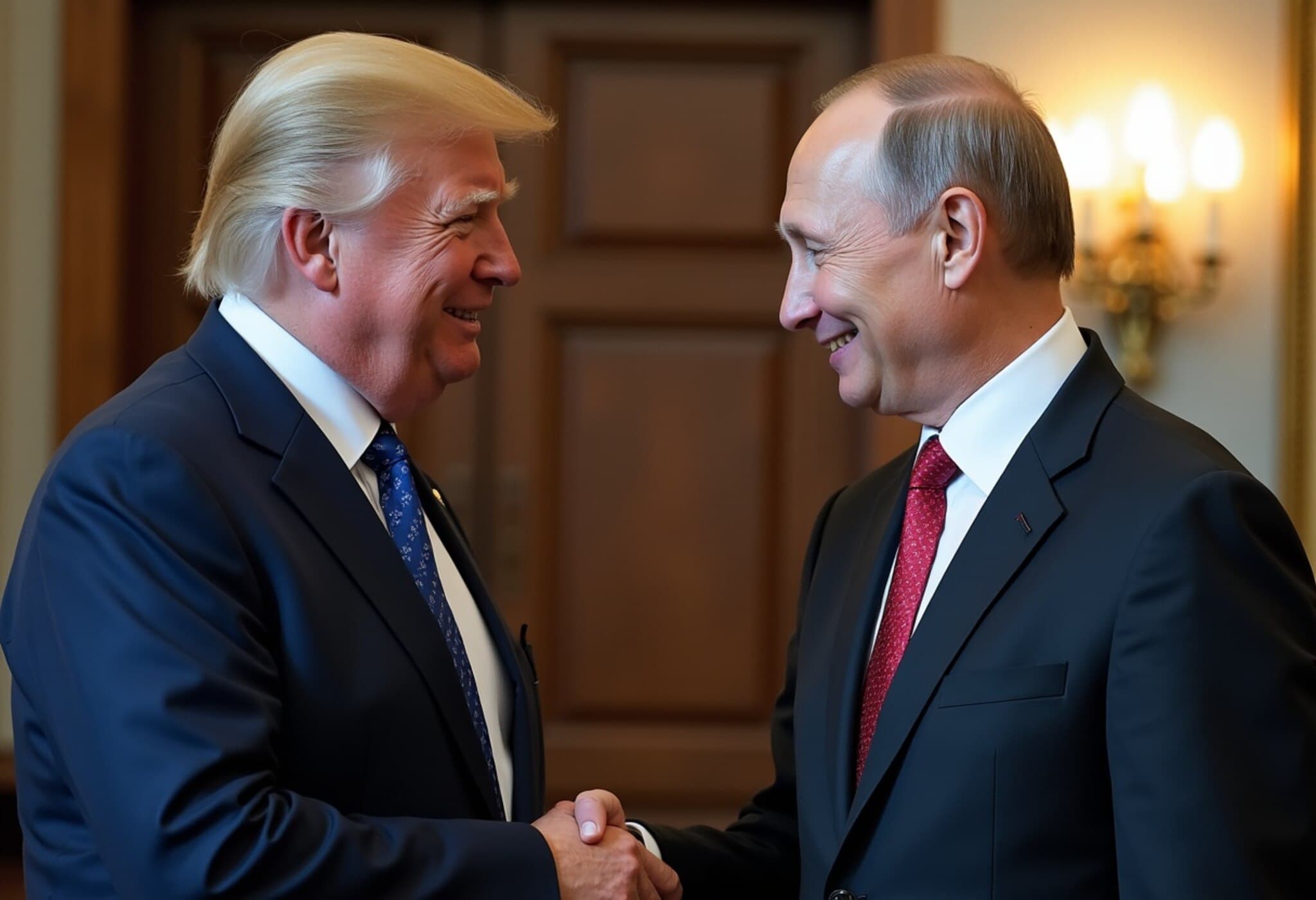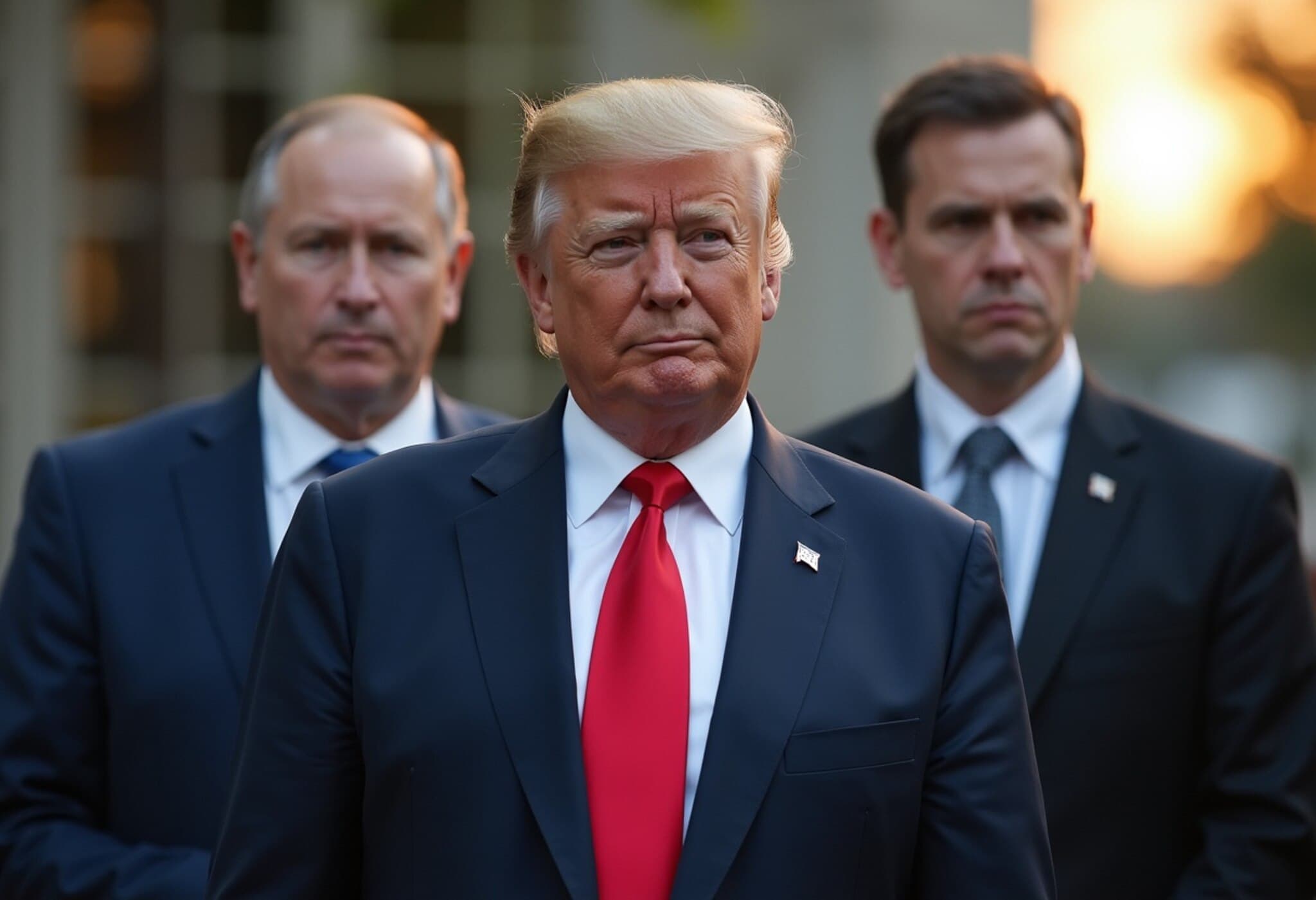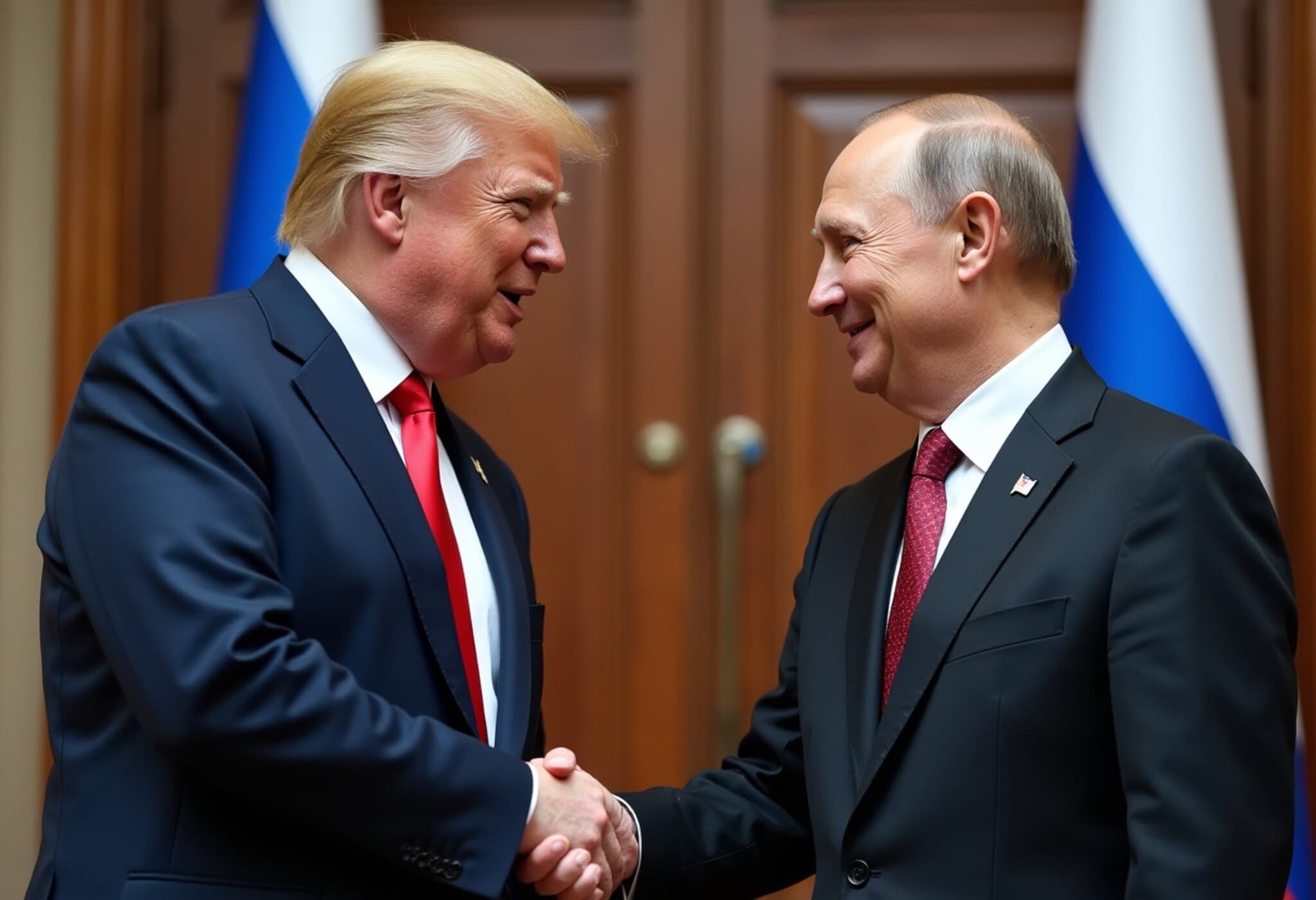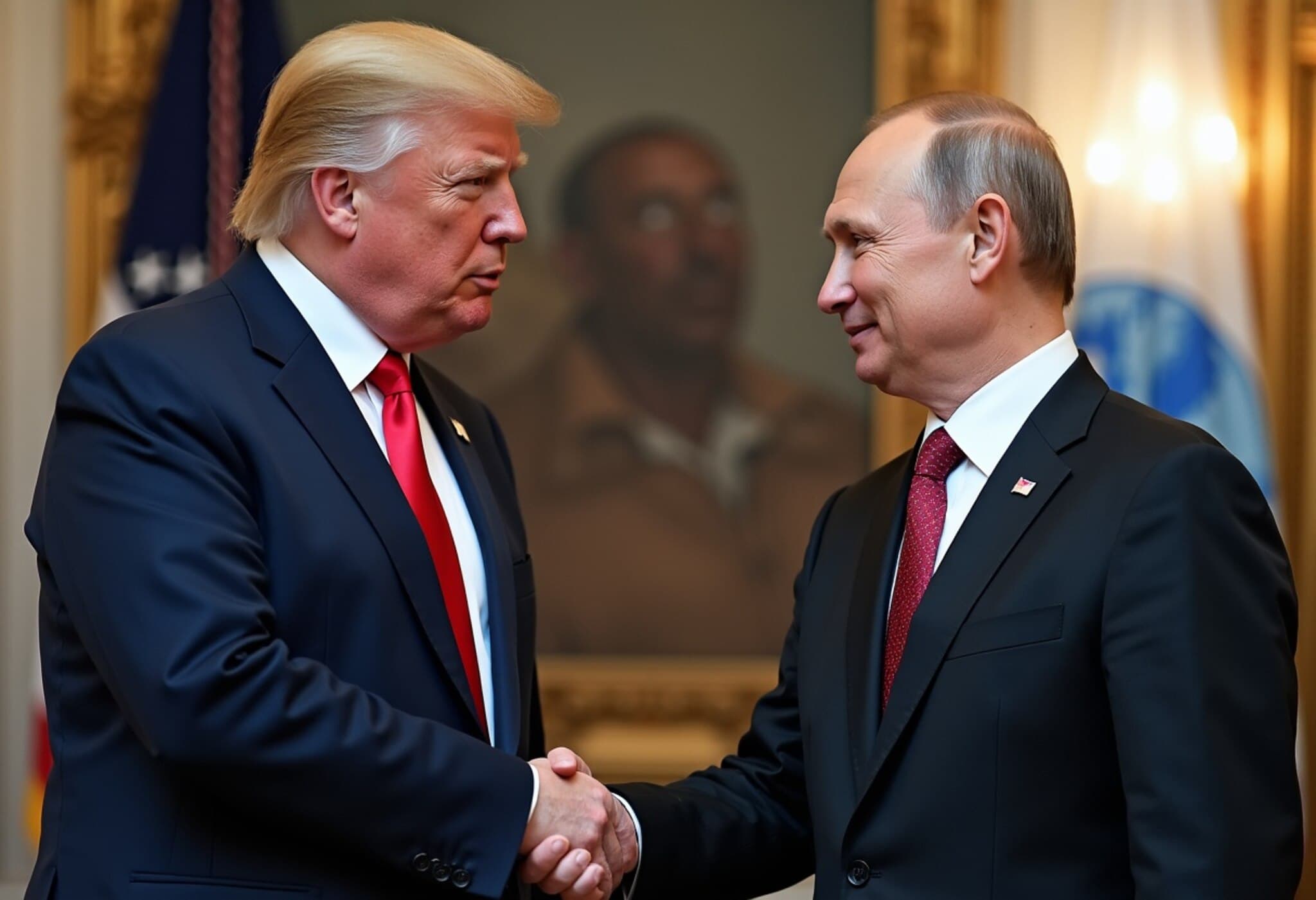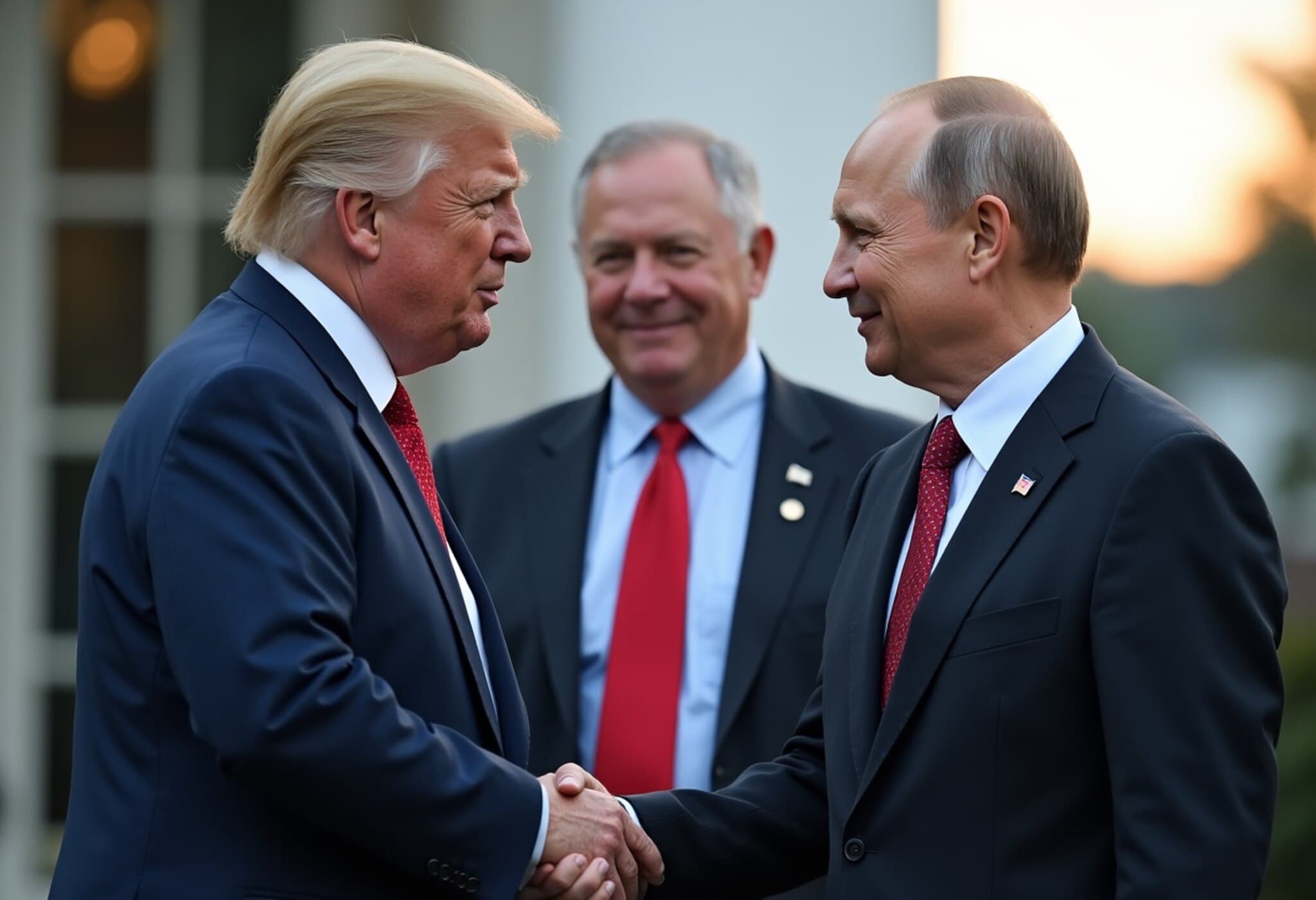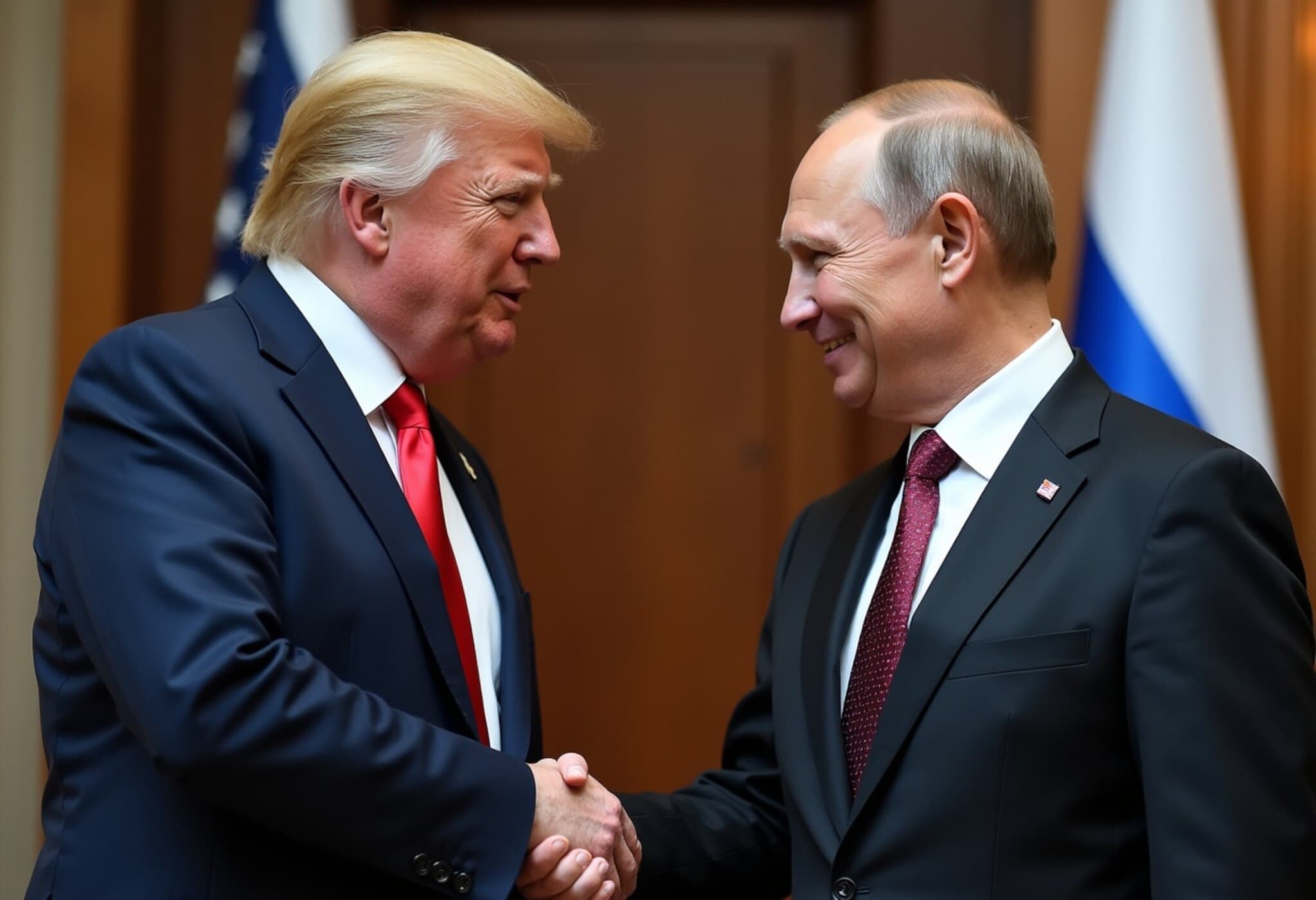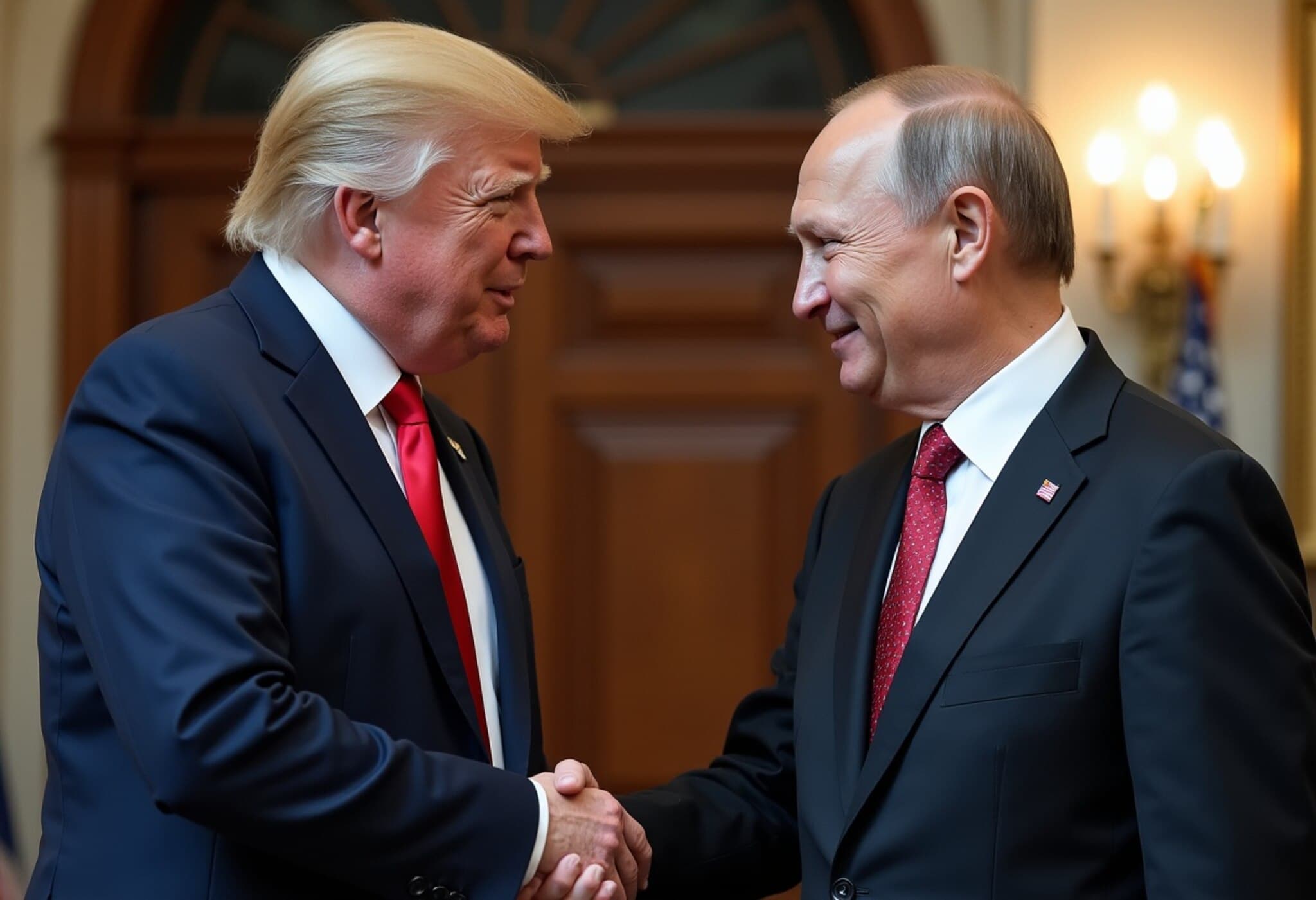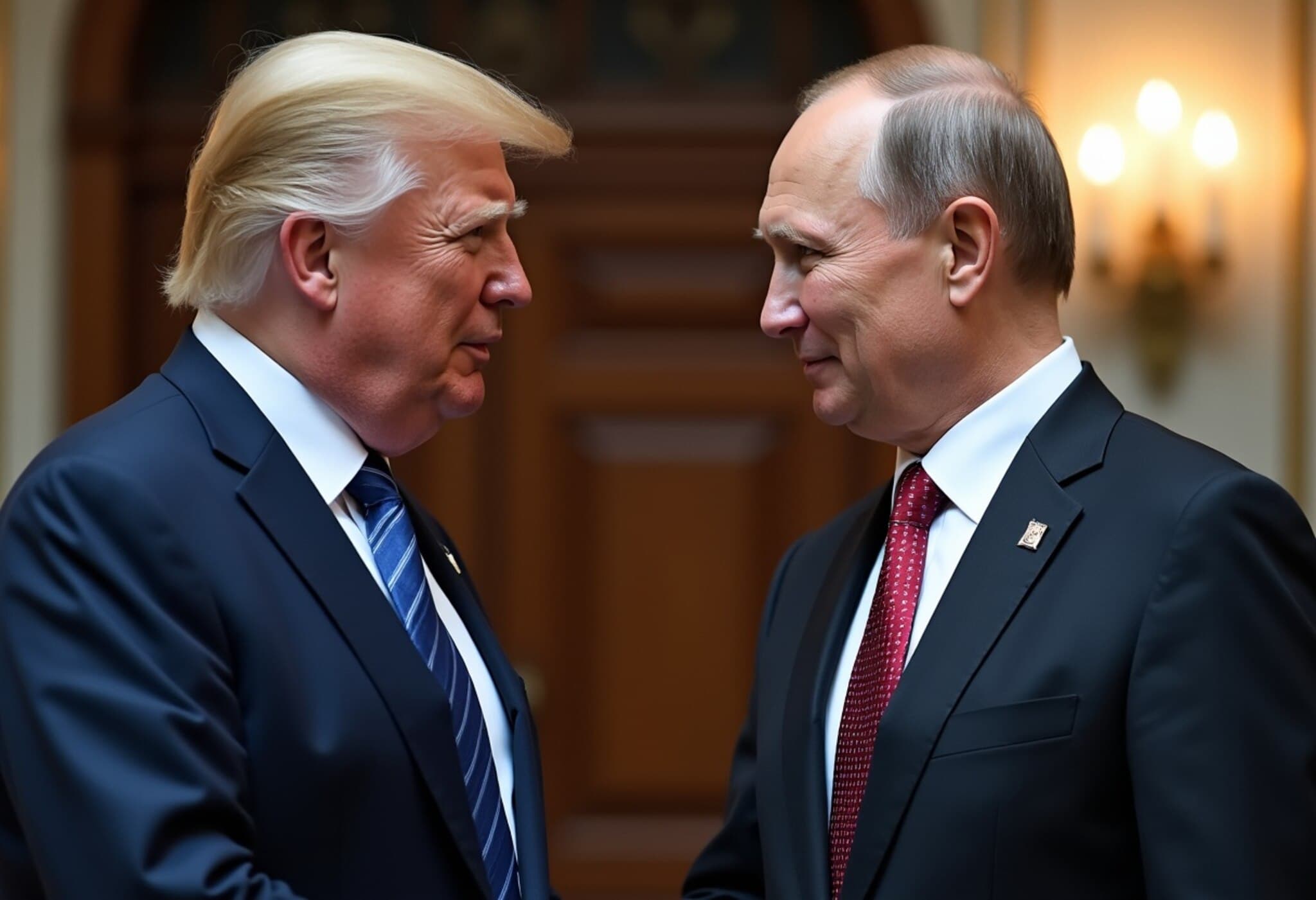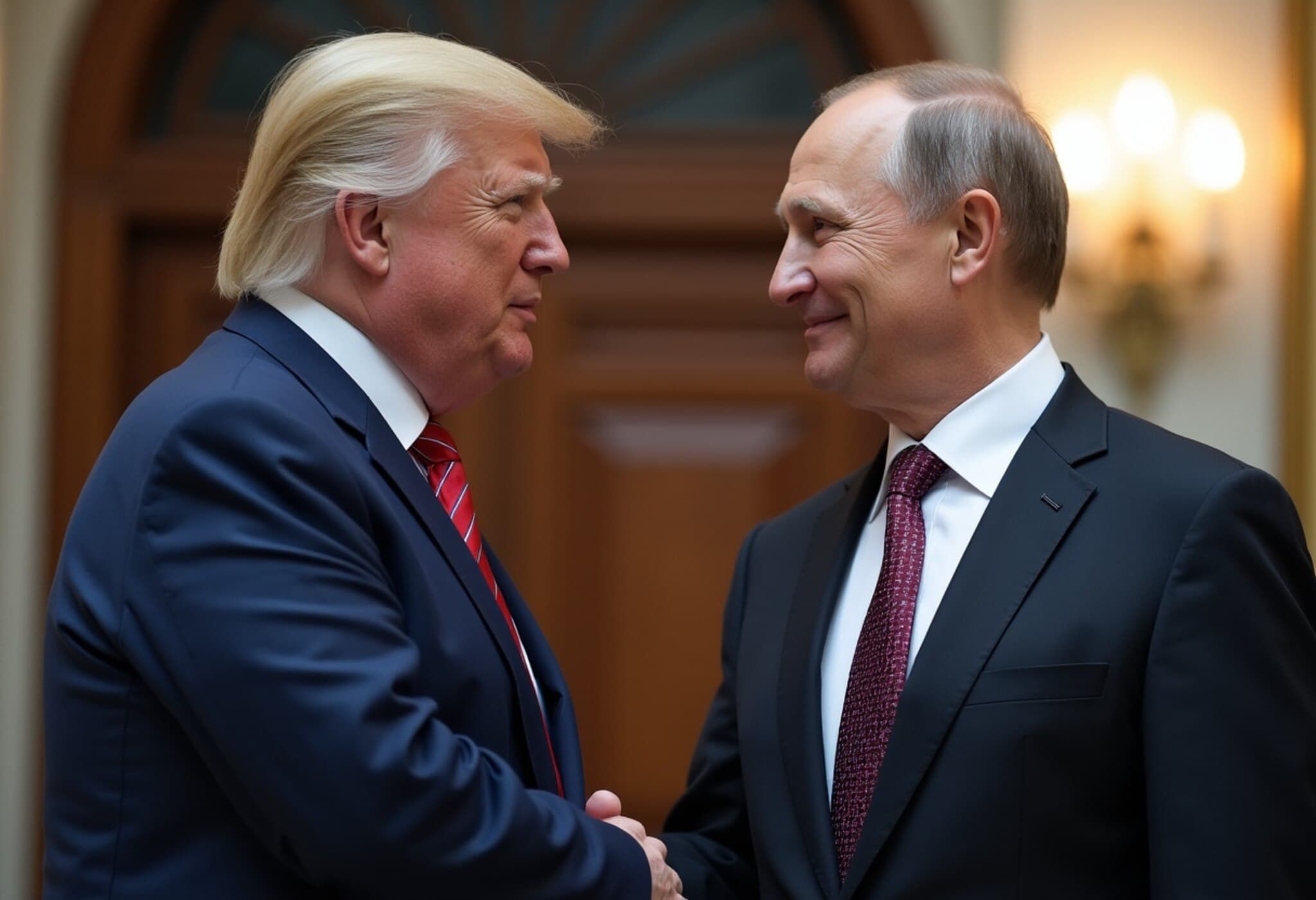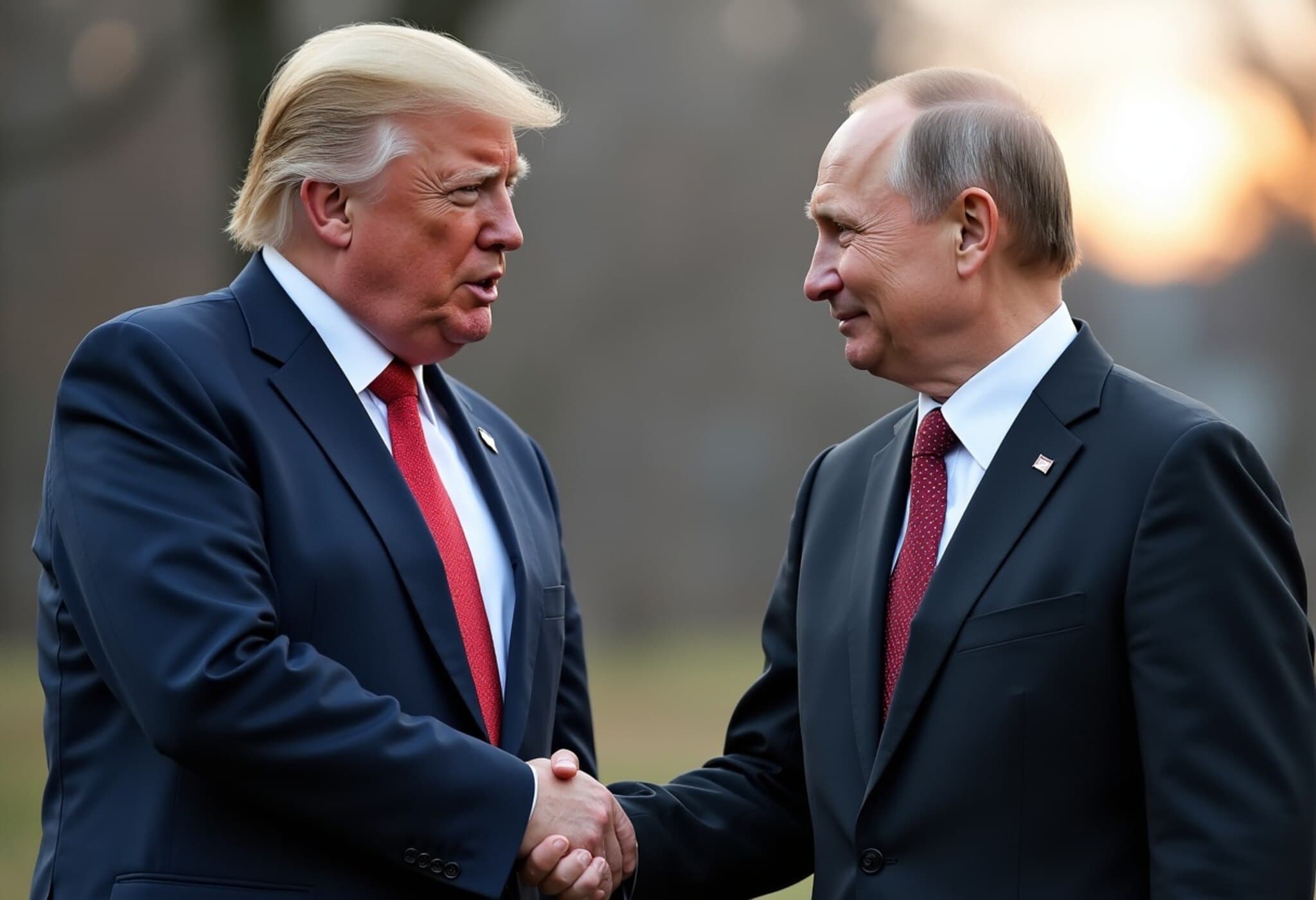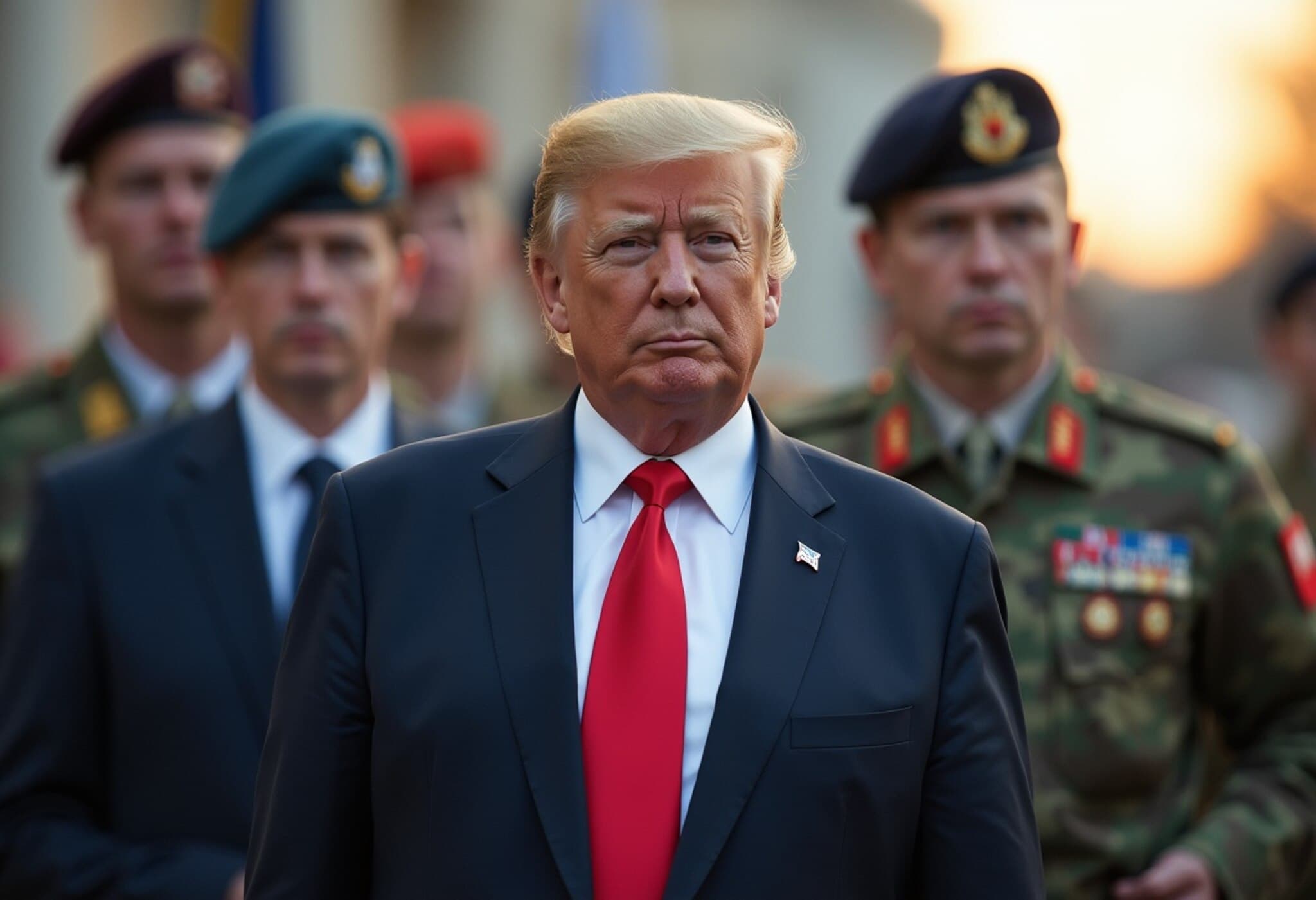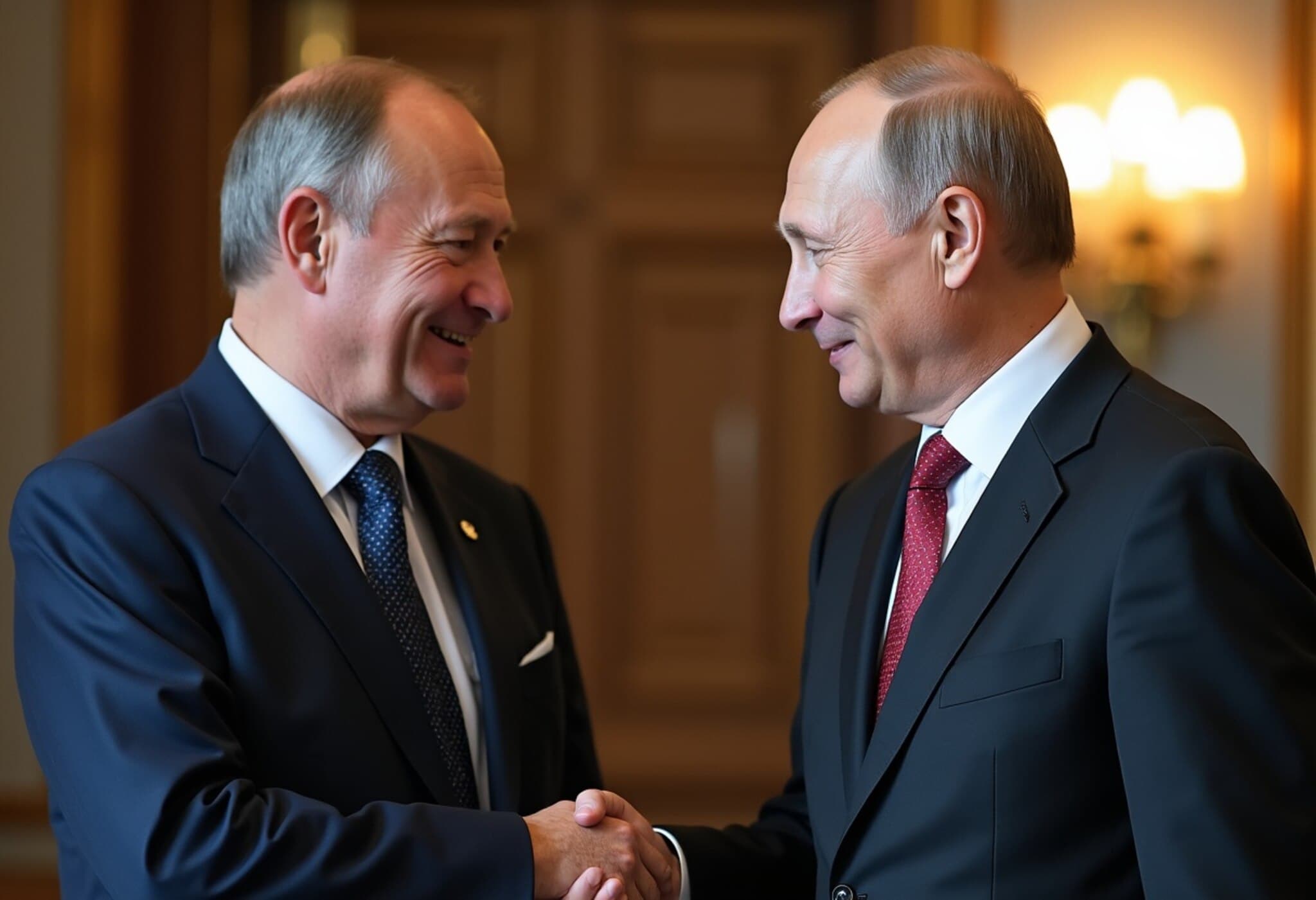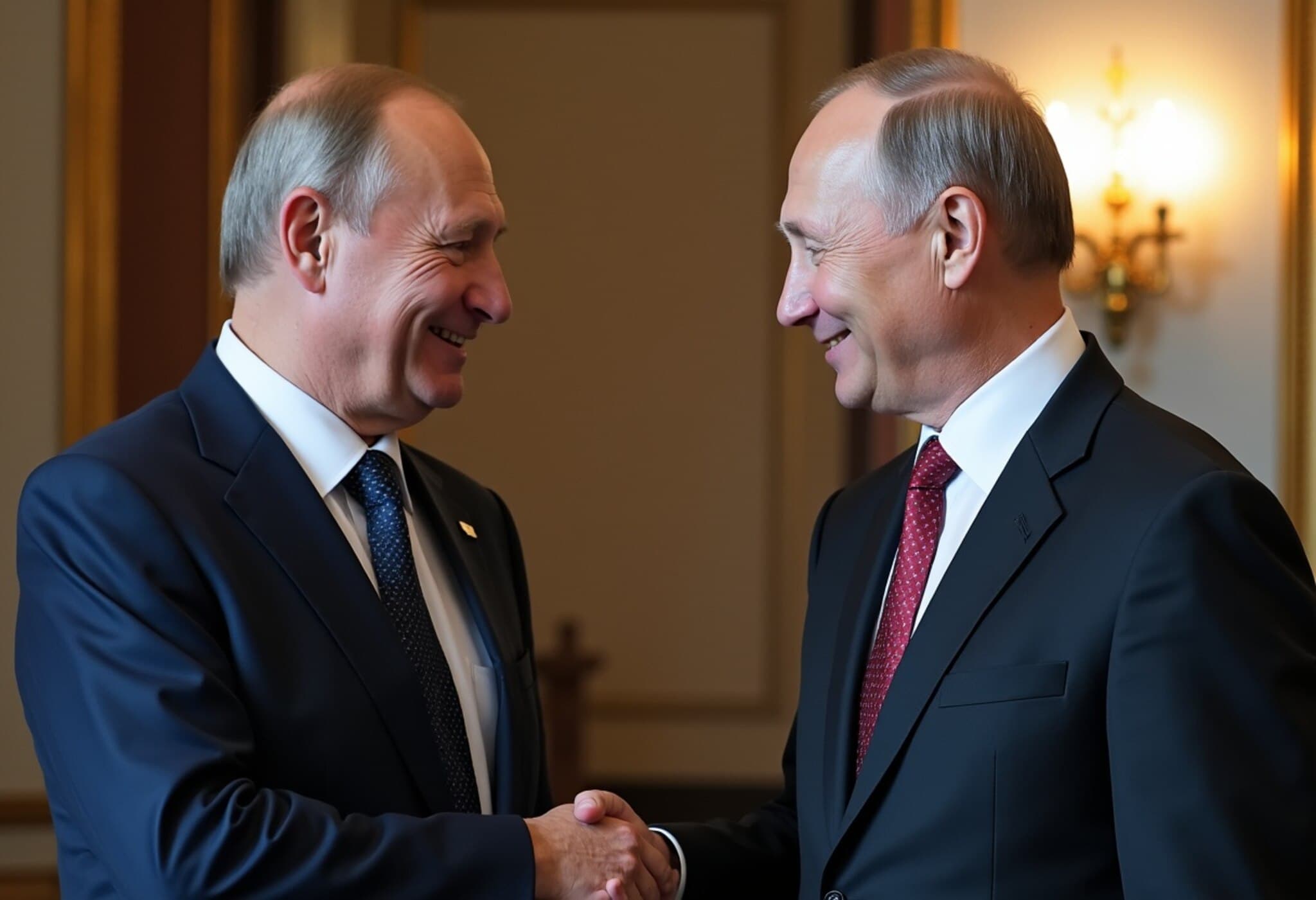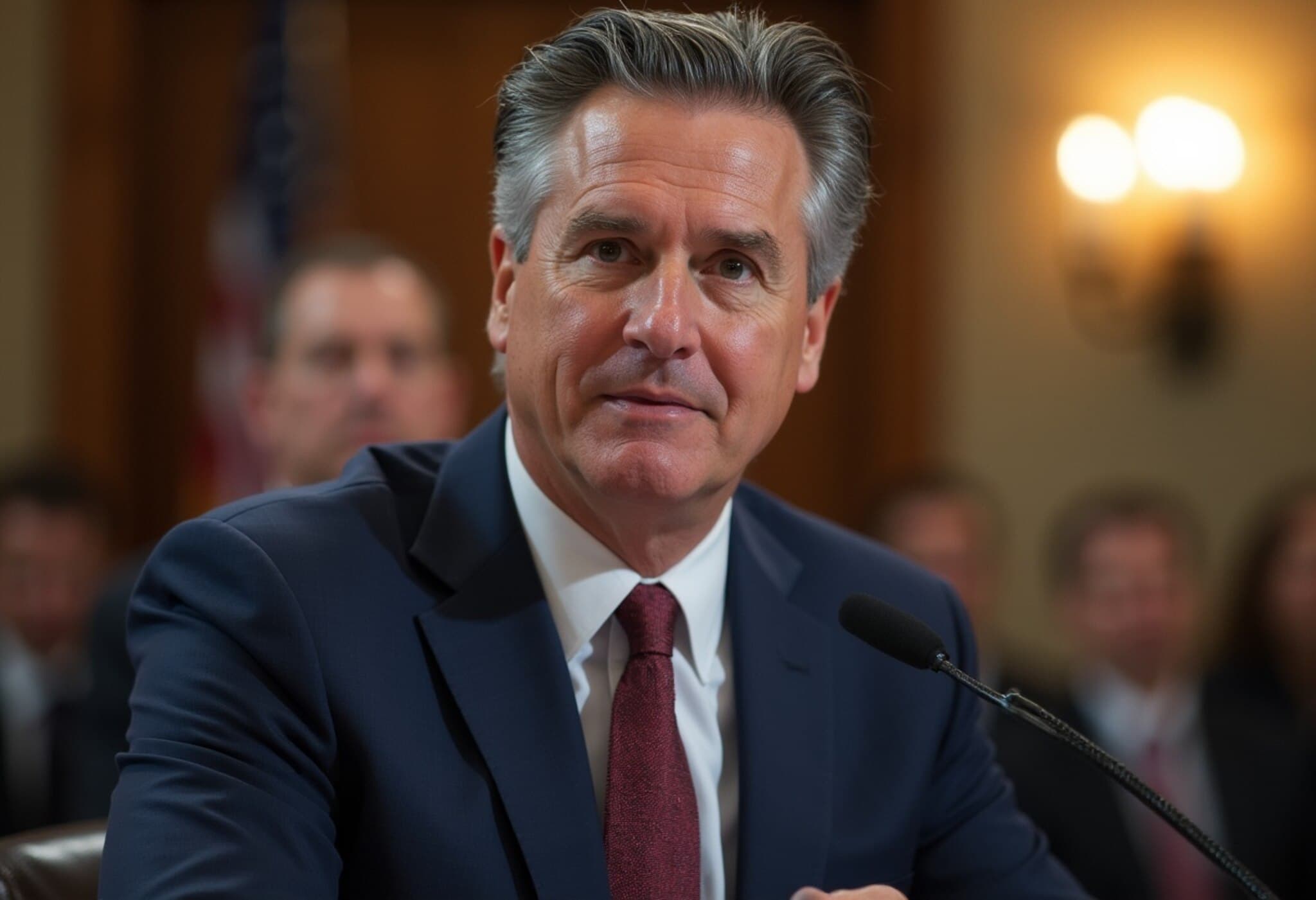Trump Plans Crucial Alaska Meeting with Putin to Discuss Ukraine Conflict
On August 11, 2025, President Donald Trump announced a forthcoming meeting with Russian President Vladimir Putin scheduled for this Friday in Alaska, characterizing it as a significant "feel-out meeting" aimed at encouraging an end to the ongoing war in Ukraine. With geopolitical tensions still high, the announcement reignites conversation about America's role in conflict resolution and diplomacy with Russia.
Trump’s Diplomatic Approach: A Message for Peace
Addressing reporters at the White House, Trump emphasized his intention to directly urge Putin to halt the hostilities. In his words, "I'm going in to speak to him, and I'm going to be telling him, you've got to end this war. You've got to end it." This candid approach reflects Trump’s continued aim to prioritize negotiation and potential détente with Moscow despite persistent international concerns over Russia's actions in Ukraine.
Ukraine and Allied Leaders: A Delicate Balance
Regarding the role of Ukraine in these discussions, Trump clarified that Ukrainian President Volodymyr Zelenskyy would not participate in the imminent summit but might be involved in future negotiations. He noted a commitment to consult Zelenskyy first "out of respect" if he perceives any chance of a fair deal, signaling an awareness of the sensitivity surrounding any U.S.-Russia dialogue about Ukraine’s future.
Moreover, Trump indicated intentions to keep European Union and NATO leaders informed, highlighting the complex web of international interests and alliances involved. This raises important questions about how the U.S. balances its bilateral talks with Russia against the broader coalition backing Ukraine.
Long-Term Vision: From Conflict to Commerce?
In a notable statement, Trump suggested a future where the U.S. and Russia could become trading partners, emphasizing the transformative potential of shifting from confrontation to business cooperation. "If Moscow would go toward business instead of toward war," Trump said, this could herald a new chapter in bilateral relations.
This perspective invites a broader discussion on geopolitical strategy—whether economic interdependence might serve as a tool for peace and stability in a region fraught with conflict.
Expert Commentary: Weighing Risks and Opportunities
Experts caution that while direct dialogue is essential, any diplomatic overture to Russia must come with clear guarantees for Ukraine’s sovereignty and territorial integrity. Dr. Elaine Michaels, a foreign policy analyst, notes: "Engaging Putin is necessary, but the U.S. must ensure that negotiations do not undercut hard-won international norms or embolden further aggression. The challenge is crafting a peace that is just and durable."
Additionally, this development underscores the enduring challenge for U.S. policymakers to juggle competing interests: supporting Ukraine and its allies, managing relations with Russia, and maintaining transatlantic unity.
Looking Ahead: Key Questions
- Will this Alaska meeting yield substantive progress toward ending the Ukraine conflict, or will it mainly serve to test negotiating waters?
- How will Ukraine’s leadership and European partners respond to U.S. engagement with Russia absent direct involvement in talks?
- Could economic incentives realistically pave the way to reduced hostilities, or will security concerns dominate diplomatic agendas?
Editor’s Note
President Trump’s planned meeting with Vladimir Putin marks a pivotal moment in a conflict that has reshaped global security dynamics. As the world watches, the delicate balance between diplomacy, respect for sovereign rights, and strategic interests will be put to the test. This summit could either open a path toward peace or highlight the deep divides that remain. Readers should consider not just the headline but the broader implications for international relations and the future of global stability.

